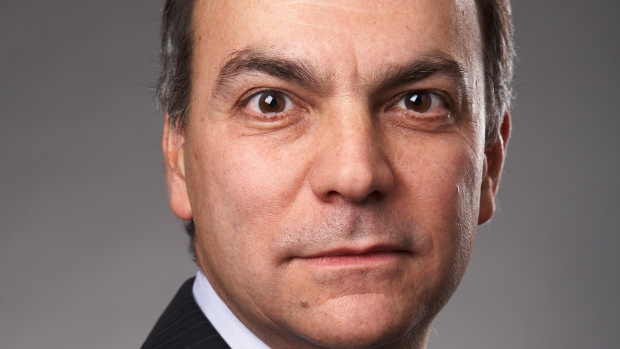CIBC Economist Says “Foreign investment is not the only factor”
Benjamin Tal says that the foreign investment is not the only factor that is affecting the country’s impending real estate market crisis, but proper taxation would ensure that the issue at hand is dealt with accordingly, especially in Vancouver.
Tal is the deputy chief economist at one of the country’s largest banks and is urging for the taxation of foreign investors. The chief economist believes that this is the best way to deal with the problem without affecting the market.
Tal totally debunks foreign investments. He’s warning that this is the main reason behind the skyrocketing housing prices.
In his opinion, he thinks that a proper taxation system might just solve any impending issues the market is yet to face, especially the purchase of real estate with no living intentions in the country. This is normally done by those who’re hoping to purchase a property at a reasonable price, and then sell it at a higher price to maximize profits.
“We don’t want to say that Canada is not accepting foreign investment — absolutely not,” Tal reported. “But some of them are doing it just to make quick money.”
He went further on and said “This is basically speculative activity. Therefore, let’s tax this activity.”
Demand solutions for a supply problem
To further emphasize his main point, Tal gave an example of the housing problems jurisdictions like New Zealand and Australia are facing. These two countries are currently witnessing similar problems that have efficaciously implemented foreign ownership taxes. Australia, as a key example, only permits foreign speculators to buy new projects.
“Basically they say, if you build something new, at least you create some GDP — you create some economic momentum, you are employing people, you are adding something to the economy,” Tal said.
“If you are playing the resale market, then you’re really not adding anything to the economy.” he added.
But in the long run, Vancouver still faces a supply shortage, as well as other big cities like Toronto. As a result, there is a restriction as to how far these new taxation policies can reach.
“Vancouver is an island … from a real estate perspective,” Tal said. “In Vancouver, you cannot deal with the supply, but you can deal with speculative aspect that the supply issue creates.”
“We are trying to fight supply issues with demand solutions,” Tal concluded





